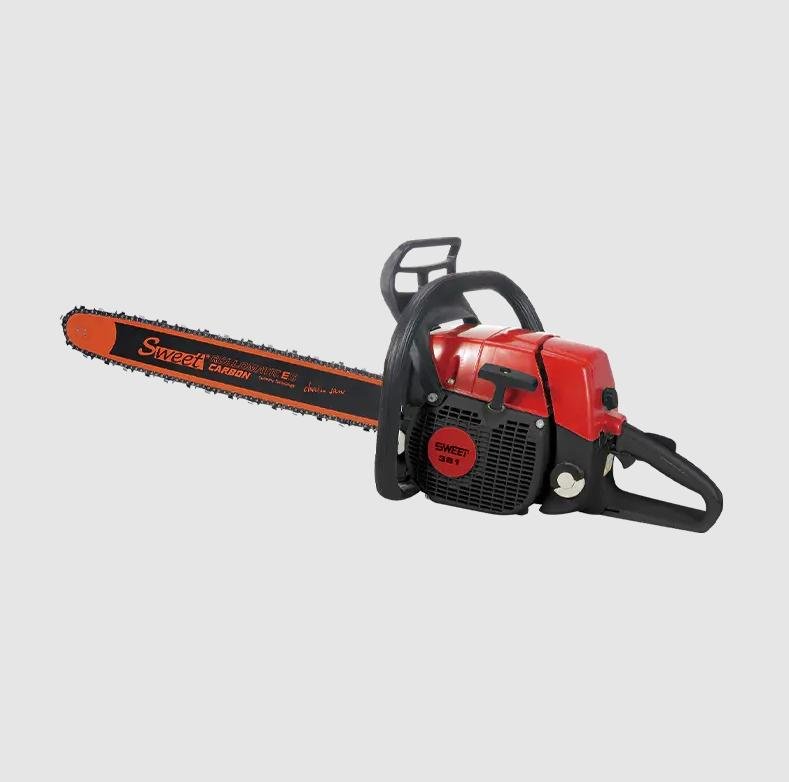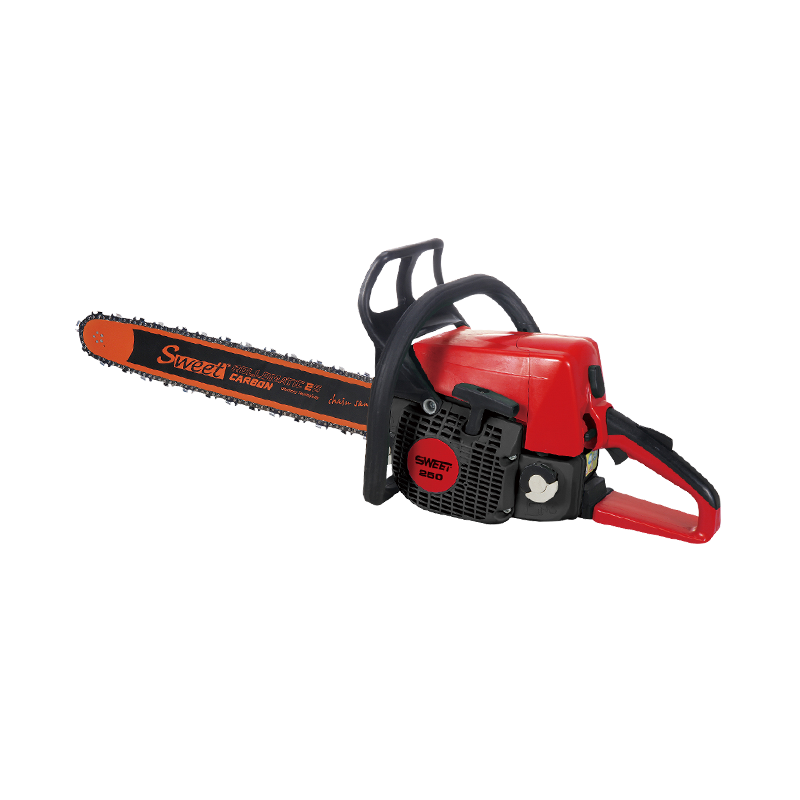Practical Maintenance Tips for Single Starter Reliability

Regular upkeep is crucial for ensuring your Gasoline Chainsaw Single Starter performs reliably season after season. This relatively simple system requires specific attention to prevent common wear issues and avoid frustrating starting difficulties during critical tasks.

Focus maintenance efforts on three key areas: the starter rope, recoil spring, and engagement pawls. Inspect the rope frequently for fraying, especially near the handle and the pulley exit point. A frayed rope can snap unexpectedly. Replace it promptly using manufacturer-recommended cord, ensuring correct winding of the recoil spring during installation – improper winding can damage the spring. Lubricate the spring spindle and pulley bearing sparingly with a light machine oil annually or if the pull feels gritty; excess oil attracts sawdust.
The engagement pawls (small metal levers inside the starter housing) are vital for catching the flywheel. Over time, dirt, sawdust, and old grease can build up in their pivot points, causing them to stick open (won’t engage) or closed (won’t retract). Clean these pawls and their slots with a brush and degreaser. Check for wear or chipping on the pawl tips or the flywheel notches; significant wear prevents solid engagement, causing the rope to spin freely without turning the engine. Lightly lubricate pawl pivots after cleaning.
Environmental factors significantly impact the Gasoline Chainsaw Single Starter. Store the chainsaw in a clean, dry place. Avoid leaving it exposed to rain or excessive dust. After use in muddy or dusty conditions, wipe down the starter housing area. During prolonged storage (e.g., winter), pull the starter rope gently until resistance is felt – this positions the pawls away from the flywheel, reducing spring tension and preventing pawls from sticking to the flywheel surface.
Listen and feel for changes. A healthy Gasoline Chainsaw Single Starter pulls smoothly with consistent resistance. Grinding noises suggest pawl or flywheel notch damage. Excessive "free spin" before engagement indicates sticking or worn pawls. A rope that doesn’t retract signals a broken or derailed recoil spring. Addressing minor issues promptly prevents costly repairs or replacements. Simple, consistent maintenance significantly extends the functional life of this core component.
- Art
- Causes
- Crafts
- Dance
- Drinks
- Film
- Fitness
- Food
- Jocuri
- Gardening
- Health
- Home
- Literature
- Music
- Networking
- Alte
- Party
- Religion
- Shopping
- Sports
- Theater
- Wellness


